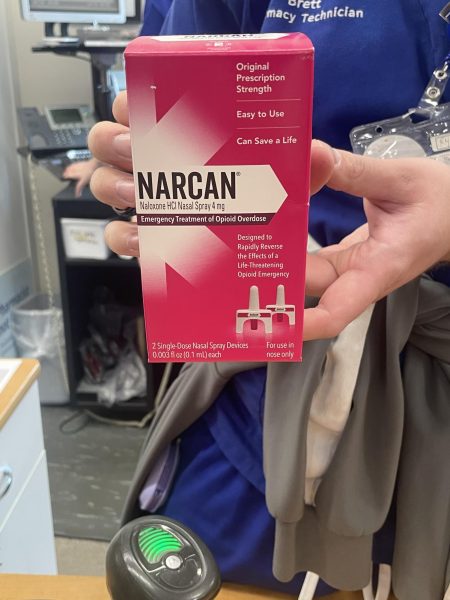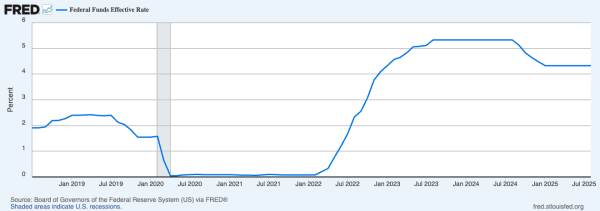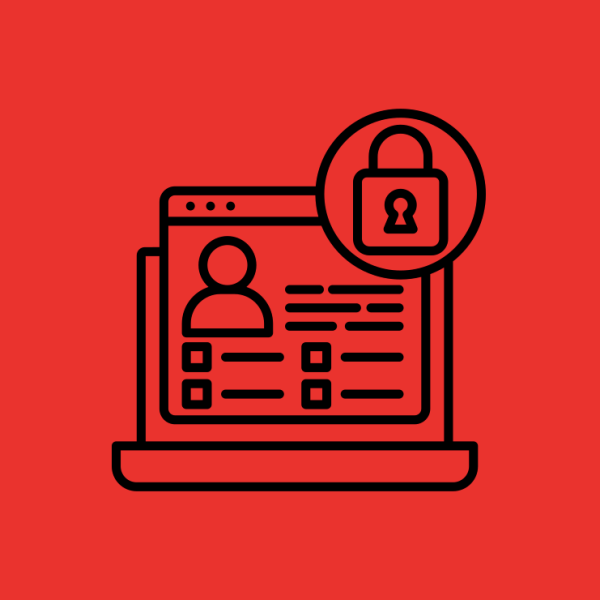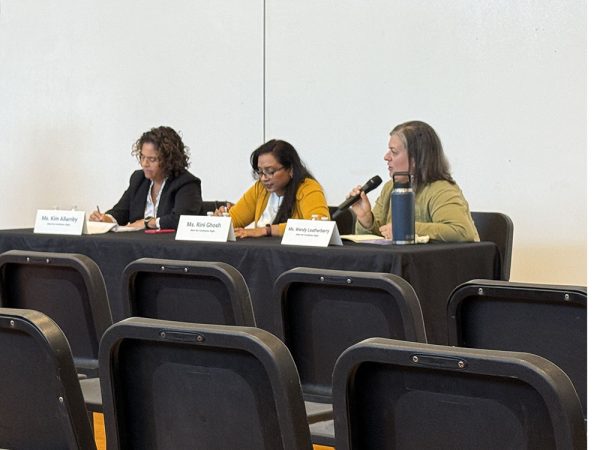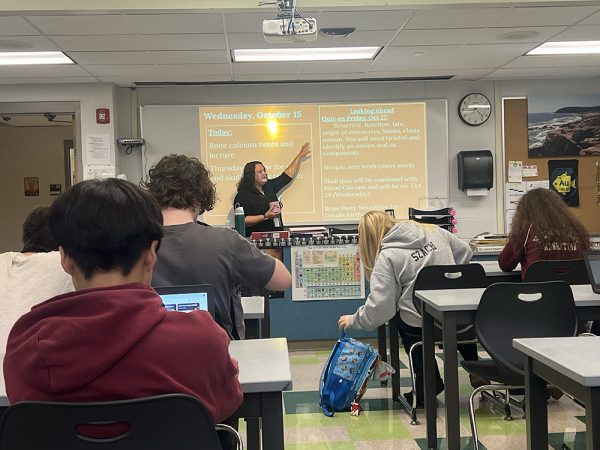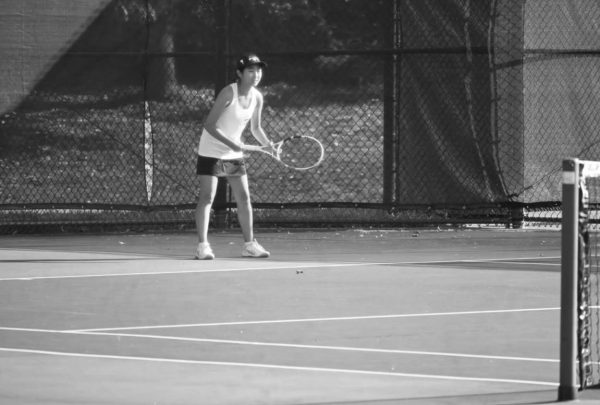Choosing Technology Over Privacy

This fall, the school district adopted a new one-to-one Chromebook program in the high school.
Students have found these devices useful for collaborative work. They allow teachers to provide easy access to materials so the classic “my dog ate my homework” line is void; everything students need can be accessed by the Chromebooks.
However incredible this new technology is, there is a price to pay.
All students have their data monitored by Beachwood Schools. Everything you do on your Gmail or on the school’s wireless network can be accessed by school district officials.
Web browsing history, emails, chats, social networking activity. It’s all there… clear and crystal. And Big Brother can see it at any time.
Federal law requires school districts this monitoring of student internet use. According to the Children’s Internet Protection Act (CIPA), school systems are required to enforce an internet safety policy.
If students must give their right to privacy away, they ought to be given a choice. Students must be allowed to choose for themselves whether the reward is worth the loss of liberty.
However, a one-to-one Chromebook program prohibits students from choosing. As technology becomes more and more part of the classroom, the only way for students to succeed in school is to have some sort of personal computer. For those who cannot afford their own laptop, the only option is to use the Chromebook. In effect, the school is forcing students to give up this Fourth Amendment right.
On top of that, Chromebooks further lower the standards of probable cause. In New Jersey v. T.L.O., the Supreme Court decided that the Fourth Amendment still applies to school officials, however, the standards of probable cause are lower because the school has an interest in maintaining a safe environment for students. For example, schools are not required to obtain a warrant to search a student’s locker or backpack. School officials must simply show their search is reasonable.
Personal school computers make unreasonable searches easier than ever before. While administrators may not have to have a warrant to search a student’s backpack, they must at the minimum explain their rationale to the student under search. After all, the student will probably notice that their backpack is missing. Now, schools can search students e-mails and personal information on a computer without the student ever knowing. This will increase the likelihood that these searches will be arbitrary and violate the student’s right to privacy.
Students should not have to choose between accessing the benefits of technology and their fourth amendment rights. The school should respect students’ good judgement, or at least their natural rights. If this is is too big a violation of CIPA, at the minimum, students have a right to know when their Chromebooks are being searched; the standard for technology should not be lower than the standard for lockers and backs. All citizens of the United States, no matter their age, their school, or their circumstance, have the right to privacy, and this school should respect that.





